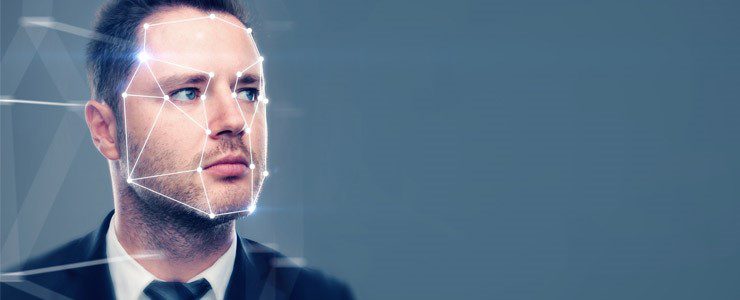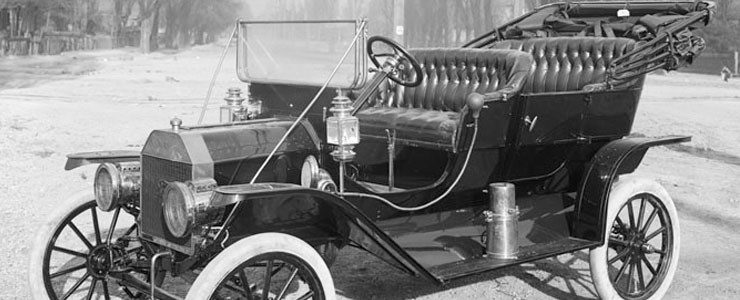
Should your business use facial recognition?
From phones, to airports, to businesses, facial recognition software seems to be everywhere and is the latest tech hitting headlines.
For those that don’t understand how it works, biometric software maps an individual’s facial features and stores the data as a faceprint.
Like the traditional fingerprint scanner, but more advanced, the software uses clever algorithms to compare a digital image or a live capture with the stored faceprint to verify a person’s identity and authentication.
Apple’s iPhone X includes it’s groundbreaking Face ID technology allowing only rightful owners to unlock their phone with just their face- the days of sending prank messages from your friend’s phones are drawing to a close! Amazon and MasterCard have also followed suit and rolled out payment methods using facial recognition, which is often referred to as “selfie pay”.
Facebook has been using facial recognition for a while to tag people in photographs. Every time someone is tagged, the software maps their facial characteristics so that when enough data is collected, the software can identify an individual’s face whenever it appears in a new photo on the site.
People’s privacy is protected by the Photo Review feature, which notifies the individual who has been tagged and gives them the option of removing the tag.
Hit or miss?
However, in recent years, as the technology has advanced, making it increasingly accurate, facial recognition has hit the headlines for the wrong reasons.
People have accused the new tech of heralding a Big Brother-type environment after news reports claimed it was being used in China to scan citizens and potentially stop them from travelling to different places, based on factors including their social behaviour. Scary!
In the UK, facial recognition tests were held to combat crime in London – one man was fined £90 for covering his face during the tests. Met Police officers handed him the hefty fine after man remained defiant, saying he didn’t want his face to be stored on cameras anywhere.
Public safety
On a more positive note, however, the technology has many uses to safeguard the public. It is used to find missing persons by alerting the police when a possible facial match is detected.
It is also used by US Customs officials to check whether passports are valid, while the FBI uses it as a system of early threat detection, to recognise “persons of interest”.
Some banks have added facial recognition as an extra security layer at ATM machines, while it is increasingly used at sporting events and concerts to combat terror attacks at public gatherings.
Retail world
In the world of business, facial recognition is gradually creeping in to enhance companies’ services. Retail outlets have agreed to trial the technology for various purposes, including, letting customers pay for their purchases.
Supermarket checkouts could, also, allow people to buy age-restricted goods more quickly at self-scan tills rather than having to wait for an assistant.
The big three (Asda, Tesco and Morrisons) have already agreed to trial the technology, according to newspaper reports in October 2018.
It has also been reported that facial recognition in future will scan customers’ faces to detect expressions of frustration and dissatisfaction, alerting managers, who can then deploy more staff to tills to improve the customer experience.
Some retailers are already using facial recognition to detect shoplifters and to alert staff to people who have displayed inappropriate behaviour on past visits, so that they can be monitored or asked to leave, as necessary.
Hotels and dining
KFC in China is trialling face recognition technology at its restaurants as a means of accepting payment. Customers can choose to pay simply by smiling at a special high-tech screen and then providing a registered telephone number for extra security before taking payment.
The global hotel chain Marriott is also using facial recognition to help speed up the checkout process for guests. In 2018 the Sanya Marriott Hotel in Dadonghai Bay and the Hangzhou Marriott Hotel in Qianjiang started using booths containing the technology so that when guests check in, the booth automatically issues them with the key card for their room.
Hotels can also scan returning guests, whose profile and preferences can be stored on a database. The aim is to give them a more personalised and warm greeting.
Cautious welcome
Despite some success stories in the early days of facial recognition, many businesses are remaining cautious before deciding if it’s right for them. It’s still early days and most are waiting to see where the technology is going before they commit.
There has been little talk on how its use is to be regulated. The consensus among many business leaders seems to be to give it a cautious welcome but without fully committing until more trials have taken place.
Put your entrepreneurial spirit to best use by contacting Headspace Group to find out more about our coworking environments for business. Headspace Group’s expertise in flexible workspace can enhance your day-to-day working life. Please give us a call on 020 3691 7500 for more information on our professional services.
Image credit: © peshkova / Adobe Stock



